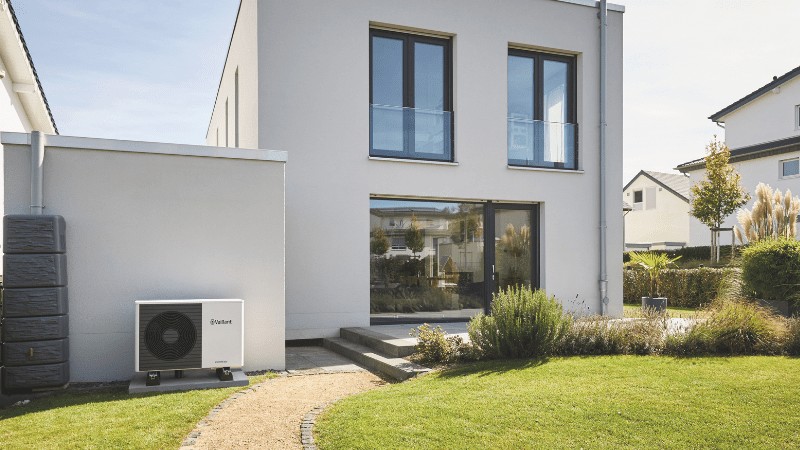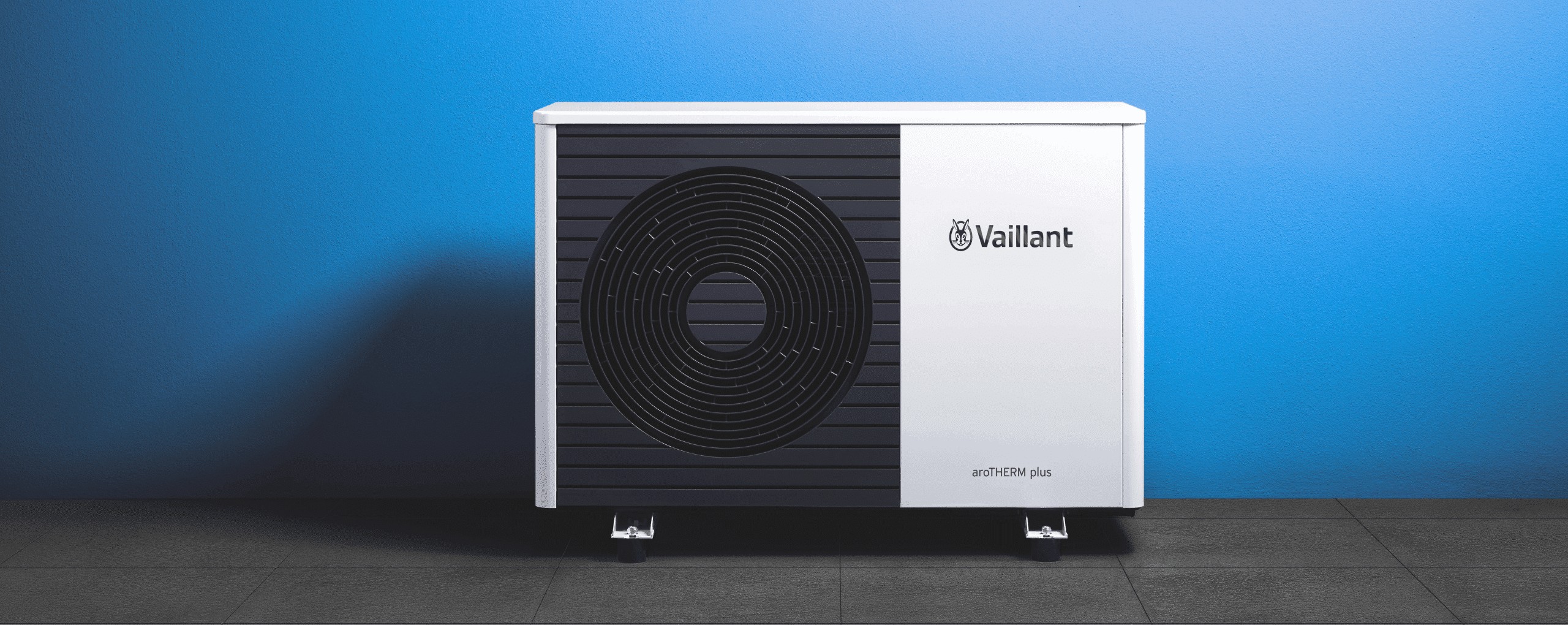 Government Grants*
Government Grants*
*Up to £7,500, eligibility criteria apply
 Save Up to £1,200
Save Up to £1,200
From electricity or gas savings
 Reduced Energy Bills
Reduced Energy Bills
Typical annual costs between £855–£1,205
 Dependable Year-Round
Dependable Year-Round
Consistent warmth, even on the coldest days
What to Expect from Our Air Source Heat Pump Installation
Choosing Metro Plumb means working with a trusted name in plumbing and renewable heating. Here’s how our air source heat pump installation service works:
Professional Home Assessment
Our qualified engineers will assess your property to ensure it’s suitable for a heat pump system. We’ll consider your home’s insulation, heating needs, and outdoor space requirements.
Seamless Installation Process
Once approved, we’ll take care of everything — from pipework and electrical connections to system configuration and final testing. Our team ensures minimal disruption and a tidy finish.
Fully Compliant & Efficient Setup
We’ll help you meet all necessary regulations, including noise control and planning permissions, while ensuring your new system performs at peak efficiency.
Why Choose Metro Plumb?

Trusted nationwide network with local air source heat pump installers

Qualified, insured, and DBS-checked engineers, APHC & RECC-accredited (Kent & Sussex only)

Reliable 24/7/365 support for maintenance and repairs

Transparent pricing and excellent customer service
See How a Modern Air Source Heat Pump Replaced an Ageing Gas System
A homeowner needed a full upgrade to their heating setup. Metro Plumb managed the plumbing and installation of a new air source heat pump, including 10 radiators, a hot water cylinder, and the removal of the old gas boiler.
Our team delivered a clean, efficient install with minimal visual impact and clear communication throughout.
Read the full case study to see how we tackled a complex project with precision.
Read the case study
How Much Does Air Source Heat Pump Installation Cost?
Air source heat pump installation costs can vary depending on your property’s size, existing heating system, and energy usage. While the upfront investment is higher than traditional systems, the long-term savings on your energy bills make it worthwhile.
Government grants may be available to reduce the cost – eligibility criteria apply. Not sure if you qualify? Our team is happy to guide you through your options.
Heat Pump Installation FAQs
What is required to install an air source heat pump?
To install an air source heat pump, you’ll need an outdoor space with good airflow, like a garden or a wall area. Proper insulation in your home is important to improve efficiency. You might also need planning permission and some upgrades, such as new pipework or electrical work.
Do air source heat pumps use a lot of electricity?
Air source heat pumps use electricity to operate, but they are designed to be highly efficient compared to traditional heating systems. While you may notice an increase in electricity usage, the overall energy savings and lower heating costs typically outweigh this.
Can you get a grant for an air source heat pump?
Grants and financial incentives are often available to support the installation of air source heat pumps. For instance, schemes like the Boiler Upgrade Scheme in the UK provide funding to help reduce upfront costs. These incentives make it more affordable to switch to energy-efficient heating.
Who installs an air source heat pump?
Qualified local air source heat pump engineers should complete the installation to ensure safe and efficient operation. We provide professional installation services tailored to your property, ensuring your heat pump operates effectively for years to come.
Can you install a heat pump in a flat?
Yes, you can install a heat pump in a flat. However, it depends on factors like building regulations, available space, noise restrictions, and whether you need permission from the freeholder or local authority.
Can I buy a heat pump and install it myself?
While it is possible to install a heat pump yourself, it’s generally recommended to use a certified professional to ensure safety, efficiency, and compliance with local regulations.












